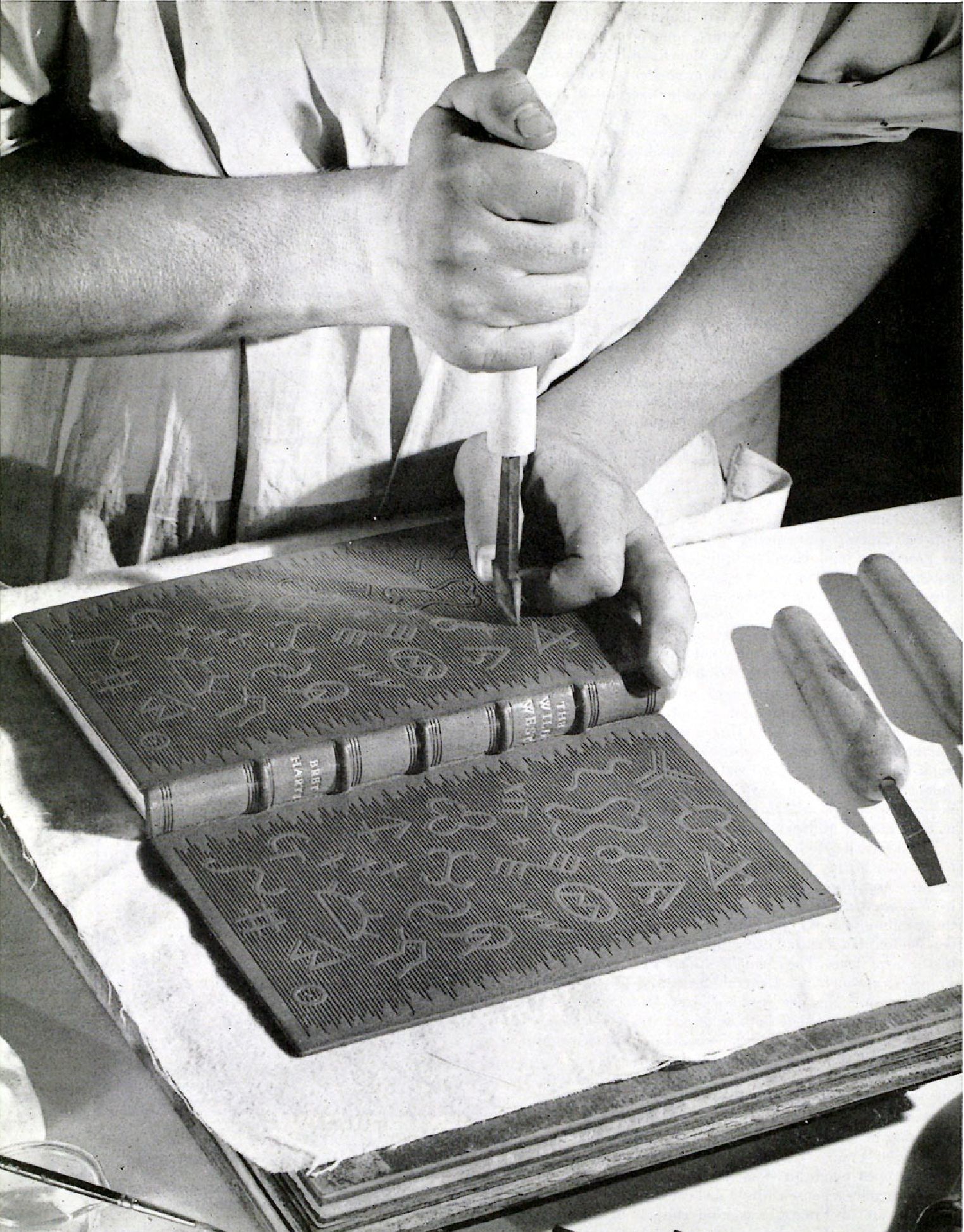Robinson Crusoe: The Birth of the Modern Novel
April 7, 2025

When Daniel Defoe published "Robinson Crusoe" in 1719, few could have predicted its revolutionary impact on literature. Often cited as the first English novel, Defoe's masterpiece introduced a new level of realism to fiction that would transform storytelling forever. This tale of survival, self-reliance, and human ingenuity continues to resonate with readers over three centuries later.
The First Realistic Novel
Prior to "Robinson Crusoe," fiction largely consisted of idealized romances, allegorical tales, or fantastical adventures with little grounding in everyday reality. Defoe changed this by presenting his fiction as fact—complete with a detailed, mundane account of daily life and practical problems.
The novel's innovation lies in its meticulous attention to the practical aspects of survival. Crusoe's journal entries detail his shelter construction, food cultivation, and tool-making with a precision previously unseen in literature. This focus on the material realities of life rather than idealized heroic actions marked a profound shift in literary approach.
"It would have made a stoic smile, to have seen me and my little family sit down to dinner. There was my majesty, the prince and lord of the whole island; I had the lives of all my subjects at my absolute command."
The Psychology of Isolation
Beyond its practical details, "Robinson Crusoe" offers one of literature's first deep explorations of the psychology of isolation. Defoe masterfully depicts Crusoe's mental and emotional journey—from despair to acceptance to innovation—over his 28 years of solitude.
Particularly compelling is Crusoe's evolving relationship with time. Initially, he marks days on a wooden cross with desperate precision. As years pass, this obsessive time-keeping gives way to a different relationship with the passing of seasons—one more attuned to natural rhythms than artificial calendars.
Defoe's insight into the human need for companionship emerges powerfully through Crusoe's relationship with Friday. This relationship, though problematic by modern standards, acknowledges the fundamental human need for social connection and the psychological toll of extreme isolation.
The Colonial Mindset
Reading "Robinson Crusoe" today requires acknowledging its position as a product of early 18th century colonial thought. Crusoe's perspective on his island as territory to be conquered and his relationship with Friday as master to servant reflect the prevailing European colonial attitudes of Defoe's time.
These elements make the novel a valuable historical document—a window into the mindset that shaped centuries of global history. Modern readers can appreciate the novel both for its literary innovations and as an important text for understanding colonial ideology and its lasting impact.
Spiritual Journey and Protestant Work Ethic
Beneath its adventure narrative, "Robinson Crusoe" explores profound spiritual themes. Crusoe's journey represents a spiritual transformation as much as a physical one. His initial rebellion against his father and God gives way to religious contemplation and acceptance during his island exile.
The novel also embodies the Protestant work ethic that was central to British identity in Defoe's era. Crusoe's industry, resourcefulness, and ability to create order from chaos reflect the values of Defoe's Protestant readership. His methodical transformation of the island from wild nature to productive settlement mirrors Britain's view of its colonial mission.
The Birth of a Genre
"Robinson Crusoe" didn't just influence literature—it created an entire genre. The "Robinsonade" became a template for countless stories of isolation, survival, and self-reliance that continue to appear in literature and other media today.
From "The Swiss Family Robinson" to "Cast Away," from "Lord of the Flies" to reality TV shows like "Survivor," the DNA of Defoe's creation is evident throughout culture. The core scenario—human ingenuity tested against the forces of nature—remains endlessly fascinating to audiences.
Reading Crusoe Today
For the modern reader, "Robinson Crusoe" offers a unique blend of adventure, philosophical reflection, and historical perspective. Its prose style, while occasionally challenging to contemporary readers, rewards patience with its authenticity and detail.
The novel invites us to consider timeless questions: How would we fare when stripped of society's comforts? What is truly essential for human happiness? How do isolation and adversity reveal our true character?
Ready to experience this foundational literary classic? Download our specially formatted edition of Robinson Crusoe:
Download Now